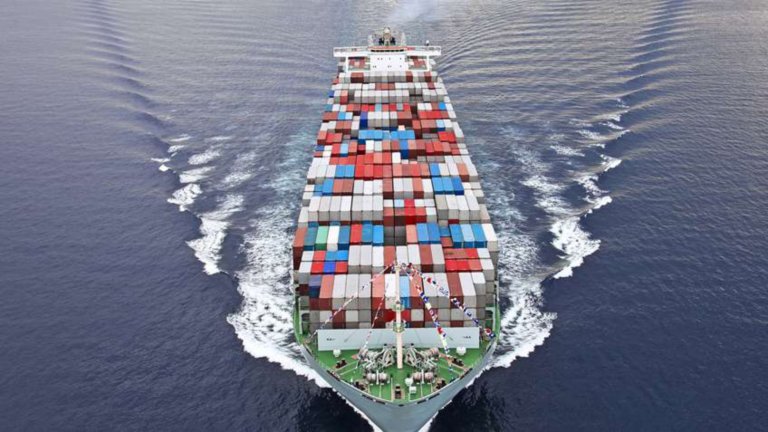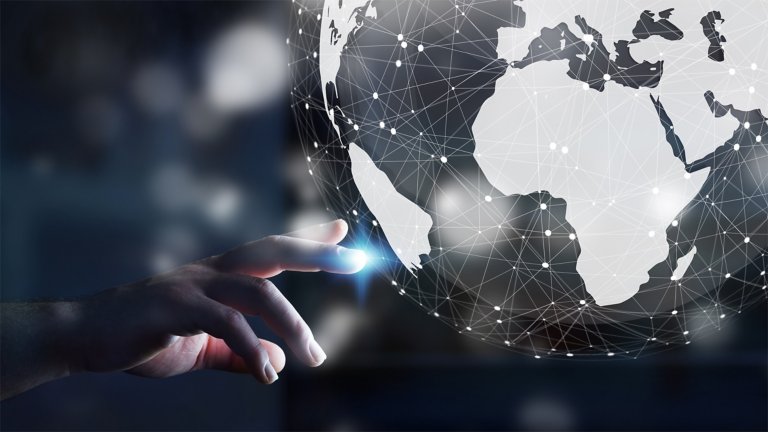Rockwell Automation is committed to the highest standards of ethics, integrity, and compliance. Our culture of integrity is a pillar of our global success and one of the key reasons we have been a respected business leader for over a century. It is another reason why we have been named one of the World's Most Ethical Companies on numerous occasions.








